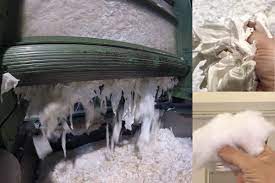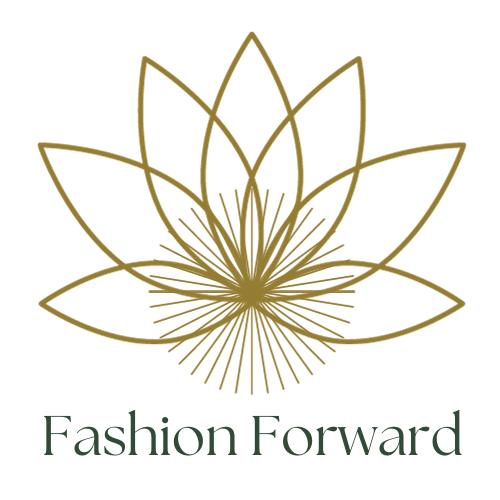Eco Friendly Fabric Choices

Eco-friendly fabrics, like hemp, recycled cotton, and bamboo, are gaining popularity due to their characteristics that help define sustainable fashion. For example Hemp, a fast-growing plant, requires minimal water and pesticides, making it an environmentally friendly choice. Additionally, hemp cultivation helps to improve soil health by reducing the need for chemical fertilizers and preventing soil erosion. Hemp fibers can be used in various sustainable products, such as clothing, paper, and biodegradable plastics, further promoting eco-friendly alternatives. .
Cotton recycling not only helps in diverting textile waste from landfills but also significantly decreases the environmental impact associated with cotton production, such as the heavy use of pesticides and water. As a sustainable alternative, it aligns with the growing trend of responsible consumption and contributes to a more eco-conscious and circular economy in the fashion and textile sectors.

Bamboo is celebrated as a sustainable fabric due to several key attributes. First, bamboo grows rapidly, making it an environmentally friendly resource. Additionally, bamboo plants have a remarkable capacity to absorb carbon dioxide, helping mitigate greenhouse gas emissions. Also recycling and reusing bamboo fabric is remarkably straightforward, thanks to its natural biodegradability and the versatility of the material in various applications. This unique combination of fast growth and carbon offset potential makes bamboo the perfect choice for a recyclable and carbon neutral product.

These fabrics also offer excellent breathability and moisture-wicking properties, making them comfortable choices for clothing. Additionally, their biodegradability ensures that they do not contribute to the growing problem of textile waste. As consumers become increasingly conscious of their environmental impact, these eco-friendly fabrics are becoming staples in sustainable fashion, supporting a more eco-conscious and responsible industry.
The adoption of eco-friendly fabrics like hemp, recycled cotton, and bamboo marks a positive shift towards more sustainable and responsible choices in the fashion and textile industry fostering an eco-innovation. These materials not only offer an eco-conscious alternative to traditional fabrics but also contribute to reducing the environmental footprint of textile production. Hemp, with its fast growth and minimal resource requirements, stands out as an excellent choice for eco-friendly textiles, aiding in soil health and enabling a range of sustainable products. Meanwhile, recycled cotton plays a crucial role in diverting textile waste from landfills and supports the ongoing shift towards a circular economy. As consumers increasingly prioritize sustainability, these fabric choices pave the way for a more environmentally friendly and ethical future in the world of fashion.



